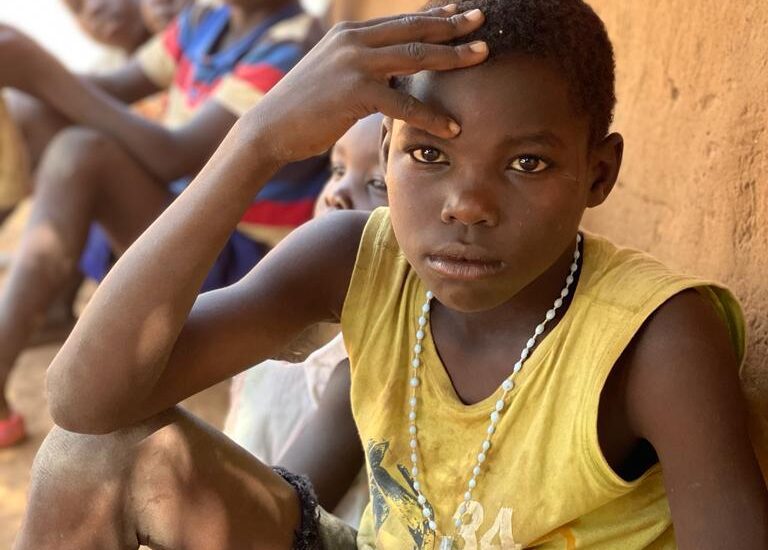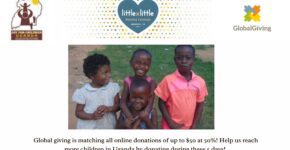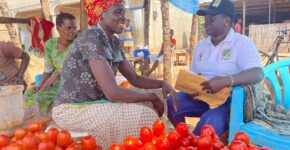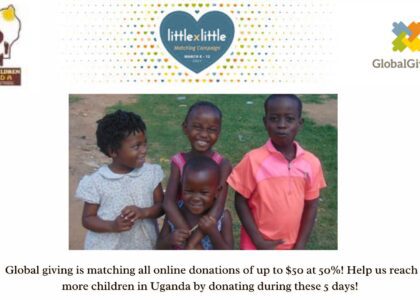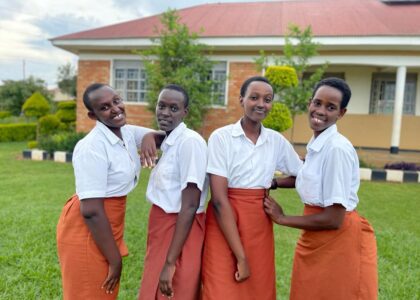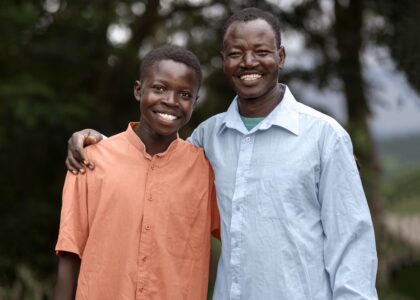Child sexual abuse refers to the involvement of a child (person less than 18 years old) in sexual activity. Child sexual abuse (CSA) is a violation of the fundamental rights of a child and is deeply rooted in harmful gender norms. It is exacerbated by poverty, insecurity, displacement, drug abuse, conflicts, natural disasters and mental health problems. CSA has remained both pervasive and persistent despite existing legislative, policy and practice initiatives to address it. The majority of CSA cases remain hidden, are heavily under-reported and some even never investigated to a great extent.
According to the Uganda police report 2022, a total of 12,780 victims were defiled in 2022, of whom, 12,470 were Female Juveniles and 310 were Male Juveniles of which 8,960 cases were Defilement while 3,620 cases were Aggravated Defilement.
Out of the Defilement cases reported in 2022, 4,725 cases were taken to Court, 817 cases were not proceeded with while 7,041 cases are still under inquiry. Out of the cases taken to Court, 205 cases secured convictions, 01 case was acquitted, 03 cases were dismissed and 4,515 cases are still pending in Court. A total of 4,843 suspects of Defilement were arrested and charged to Court, out of whom, 206 were convicted, and 08 were discharged while 4,502 were still awaiting trial.
There was a noticeable increase in the number of reported cases of child abuse since the Covid-19 lockdown in Uganda. The UCHL March 2020 report revealed that sexual abuse was the third most reported form of child abuse contributing 20.1% of all the cases (98% of the victims being girls and 17% of the perpetrators being family members, including fathers, cousins and uncles).
Perpetrators of child sexual abuse can be anyone including family members, family friends, coaches, teachers, clergy, babysitters, and any other acquaintances.
Child sexual abuse is not only a problem for one society but the whole world. The outcome of child sexual abuse can result in both short and long term consequences ranging from social problems, emotional problems, cognitive problems, educational problems, Low self-esteem, and self-harm or sometimes it may lead to suicide. Many victims are too young or too vulnerable to disclose their experiences or to protect themselves.
There is a dire need for adequate child protection policies and preventive measures that protect the child from any type of abuse. Such policies provide a safe place where a child can be kept and work for the development of the child.
What we do
Joy for Children- Uganda is currently working with members of parliament to support processes for the enactment of the sexual offences bill and enhance legislative advocacy to end child sexual abuse in Uganda. If passed into law, the Sexual Offences Bill will offer legal protection to survivors and those that are a risk for child sexual abuse. The bill will also protect children against notions of capitalism that are push factors for child marriage, child prostitution, sex prostitution and teenage pregnancy which are the worst forms of child sexual abuse.
We understand that legislation alone is not enough to end child sexual abuse but it’s a starting point to move towards ending violence against children.
The law needs be effectively implemented and made known to the people. This requires educating the population on their rights, dismantling gender stereotypes and training those that are tasked to impose the laws.
Child sexual abuse is preventable. JFCU violence prevention initiatives and efforts to support partners in the field have increased our understanding of child sexual abuse. However, there are still critical gaps.
Call to action
Additional efforts in child sexual abuse prevention are needed to:
- Improve surveillance systems and data collection for monitoring child sexual abuse
- Increase our understanding of risk and protective factors for child sexual abuse perpetration and victimization
- Strengthen existing and develop new evidence-based policies, programs, and practices for the primary prevention of child sexual abuse
- Increase dissemination and implementation of evidence-based strategies for child sexual abuse prevention

